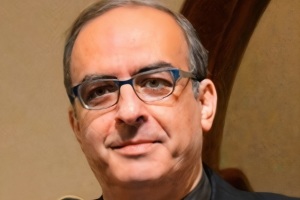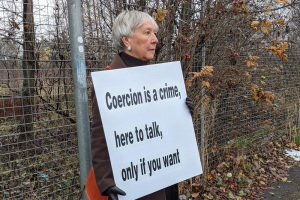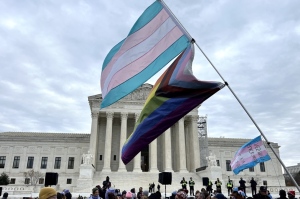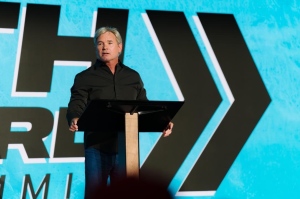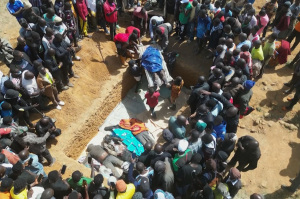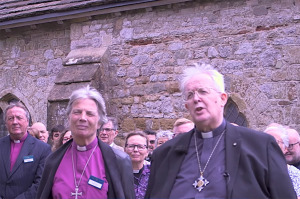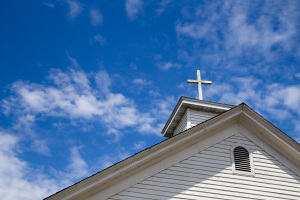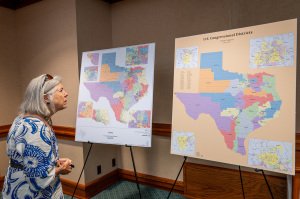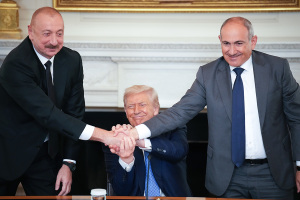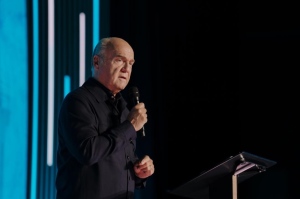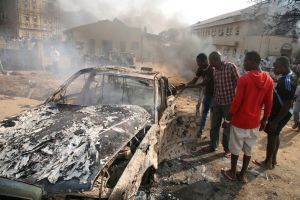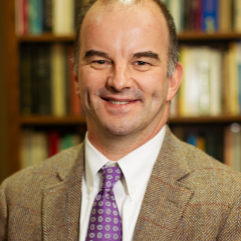
Carl R. Trueman
Voices Contributor
Latest

Suicide pods and the trivialization of death
This is not a trivial development, for it goes to the heart of the deepest questions of existence.
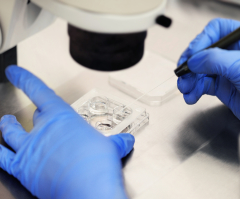
We need good Protestant ethicists
In the space of a few decades, the moral intuitions of society have not simply parted company with those of Christianity — they have come to stand in direct opposition to many of them.
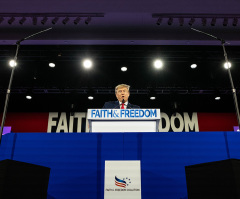
Trump-ite evangelicalism or Biden-ist Catholicism?
Which is more threatening? Trumpite “evangelicalism” or Biden’s brand of “devout” Catholicism?
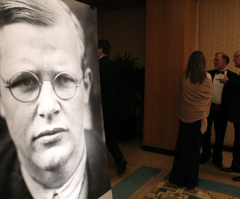
Cultural collapse: When we can't agree on what it means to be human
Ours is a time of anthropological crisis when we as a society cannot agree on what it means to be human.
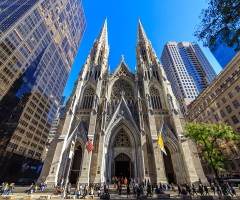
Desecration at St. Patrick's cathedral
Desecrating the cathedral is not the only thing they should be ashamed of.

Can Christians attend gay weddings?
Attending a gay wedding involves remaining silent when one should speak.
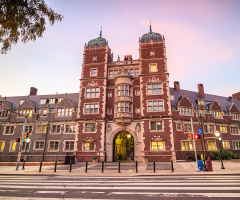
Has Hitler won on the Left?
Perhaps Hitler has won, though on the left — the opposite end of the political spectrum to that we might have expected.
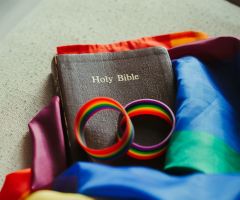
When being affirming isn't loving
For all her faults, the Church is ultimately the solution. Conforming her to the world can only be part of the problem.
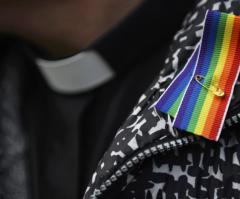
Why most Anglican clergy now approve gay marriage — and what this means for the future of the church
It is neither pastoral nor caring to deny the moral significance of the sexed human body, nor to participate in the further demolition of an institution whose purpose is to provide children with a loving and stable environment.

In our chaotic age, some atheists are rethinking secularism
As the fundamental question of what it means to be human is thrown into confusion, it is not just religious communities that feel threatened.





